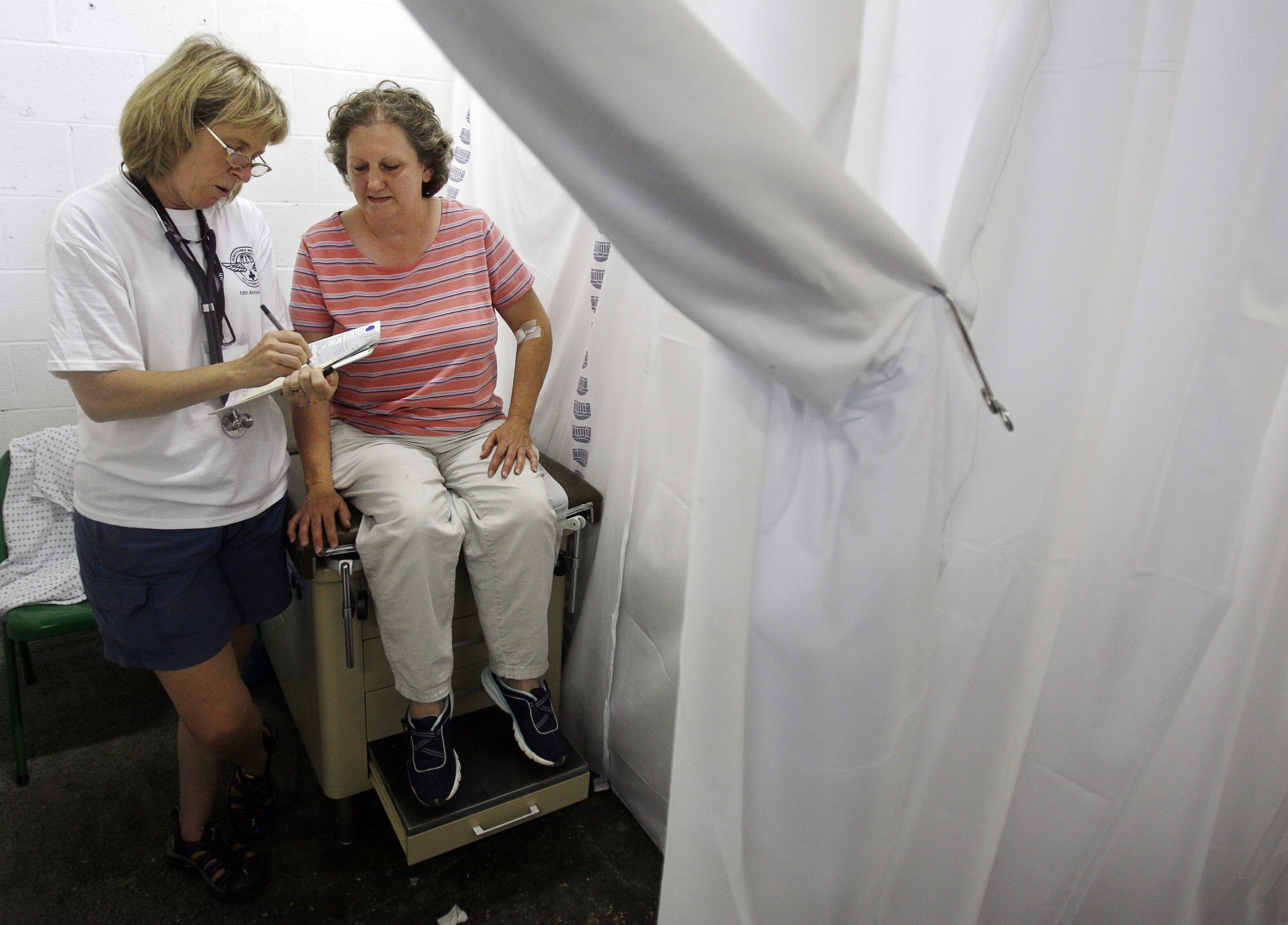Women in Switzerland have gone on strike - this is why

People protest on a bridge during a day-long and nationwide women's strike aimed at highlighting the country's poor record on defending the rights of women
Image: REUTERS/Denis Balibouse
Stay up to date:
Switzerland
It's one of the wealthiest and democratic countries in the world, but as recently as 1991, some women in Switzerland were still denied the right to vote. As women marched for their rights, the Federal Supreme Court forced the one remaining canton where only men could vote to change its ways.
But, a generation on, Swiss women were back on the streets on June 14 in a nationwide women's strike to protest at a lack of progress on gender equality and fair pay.
As well as demanding equal pay for equal work, they are calling for the recognition of ‘women’s work’ and policies to end violence and discrimination against women.

Switzerland is a major financial centre and home to several multinational corporations. It has one of the lowest unemployment rates in Europe, with maternal employment particularly high. But despite this, its traditional outlook on family issues means it has been slow at adopting policies that support women.
“There is a whole range of issues on which we still need to progress, be they classic themes like equal pay or new themes that a new generation of young women have raised such as harassment in the street," Green Party politician, Adele Thorens told Reuters.
“As a politician, I would like to highlight a key theme that corresponds to what I have experienced, which is under-representation of women in organs of power, at the political level, but also at the economic level, and in all spheres of our society where important decisions are taken.”
The right to vote
In February 1971, Swiss men voted to allow women to take part in federal elections - already decades later than many of its European neighbours and almost 80 years after New Zealand.
But it took a further two decades before all the cantons - the semi-autonomous regions that operate a bit like US states - followed suit. By contrast, at the time of the federal court ruling in 1991, Britain's first female prime minister, Margaret Thatcher, had already ended her decade in office.
What's the World Economic Forum doing about the gender gap?
The gender gap
As progress on gender equality stagnated globally, the World Economic Forum’s 2018 Gender Gap Report placed Switzerland 20th among 149 nations.
It scored well with regard to political empowerment, with 35 women in parliament and 27 in ministerial positions. Ruth Dreifuss became the first female president of Switzerland in 1999 and there have been others since.
But when it comes to economic participation, it was in 34th place, down from 18th in 2006. Only 34% of legislators, senior officials and managers are female, compared with 66% male.
Working mums
Figures from the Federal Bureau of Statistics show a gender pay gap of nearly 20%.
The headline employment rate masks the particularly high number of women in part-time work and the OECD has called on Switzerland to address some of its policies to support working mothers
At the time of that report, in 2004, 75% of Swiss mothers worked part-time out of necessity to cover childcare, which the OECD said would hinder their career progression.

Not so family-friendly
A Unicef report released this month portrays Switzerland as the least family-friendly country in Europe, with other poor performers including Greece, Cyprus, the UK and Ireland.
The report outlines policies that make life hard for families in Switzerland: it offers the shortest paid maternity leave in Europe and one of the lowest in the OECD. It is also one of only a handful of countries to offer no paid leave for fathers.
Paid maternity leave was only introduced in Switzerland in 2005 after a bumpy ride which saw it fail four times at the ballot box.

Less obvious drivers keeping women out of work include irregular school hours: many schools in Switzerland close on Wednesdays and for lunch, making full-time roles difficult.
Childcare costs in Switzerland can also be prohibitive. A 2011 OECD report found that it doesn’t pay to work.
Swiss families spend more of their income than any other in the world on childcare, and finding a childcare place may also be tricky.
After the original women's strike, on June 14, 1991, when 500,000 people took to the streets, the government responded with a federal law on equality, establishing the right to maternity leave and protection against domestic violence. Today's strikers are hoping their demands are met for good this time.
Don't miss any update on this topic
Create a free account and access your personalized content collection with our latest publications and analyses.
License and Republishing
World Economic Forum articles may be republished in accordance with the Creative Commons Attribution-NonCommercial-NoDerivatives 4.0 International Public License, and in accordance with our Terms of Use.
The views expressed in this article are those of the author alone and not the World Economic Forum.
Related topics:
Forum Stories newsletter
Bringing you weekly curated insights and analysis on the global issues that matter.
More on Equity, Diversity and InclusionSee all
Nina Rawal and Dorothy Chou
September 18, 2025
Bolor-Erdene Battsengel and Grace Marr
September 4, 2025
Tariq Bin Hendi
August 26, 2025
Katy Talikowska
August 18, 2025



